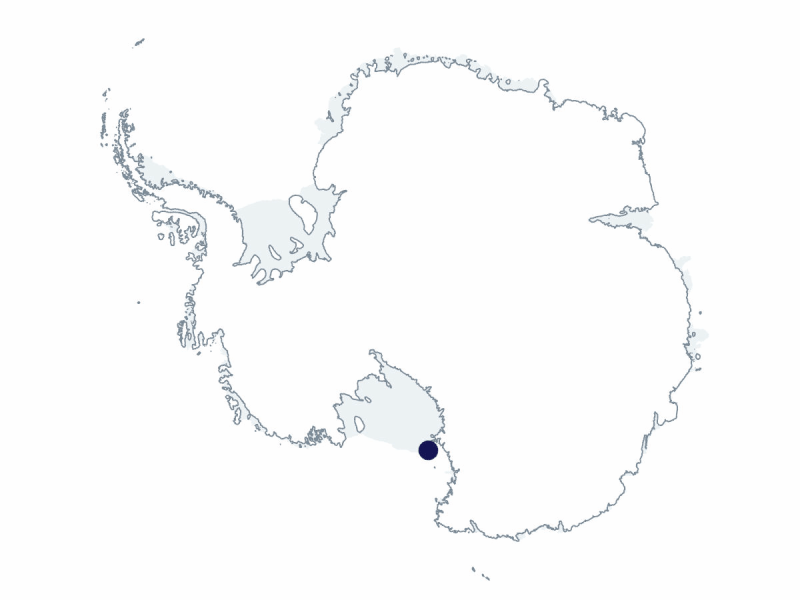2024-2025 USAP Field Season
Project Detail Project TitleCAREER: Foraging ecology and physiology of Emperor penguins in the Ross Sea Summary
Event Number:
Program Director:
ASC POC/Implementer: Principal Investigator(s)
Dr. Birgitte I McDonald
Project Web Site: Location
Supporting Stations: McMurdo Station DescriptionSurvival of Emperor penguins depends on their ability to effectively locate patchy prey resources. Changes in prey resources can permeate through the food web and modify penguin foraging behavior, and ultimately survival and reproduction. This project will address fundamental information gaps about the foraging ecology and habitat use of Emperor penguins during critical periods of their life history using a combination of technological and analytical tools. Specifically, we will: 1) Investigate the inter- and intra-individual behavioral variability exhibited by Emperor penguins during the three-month post-molt and early winter foraging trips; and 2) Integrate penguin behavioral data with environmental data to identify which environmental features are indicative of habitat preference when not constrained to returning to the colony to feed a chick. Field Season OverviewIn collaboration with researchers from the Antarctic New Zealand (ANZ) program, four participants (three U.S. and one NZ) will deploy to a Cape Crozier field camp to study foraging ecology and habitat use of Emperor penguins (Aptenodytes forsteri) during late-chick rearing (mid-October through late November). The team will capture up to 32 penguins departing for a foraging trip, which will be weighed, morphometrics collected, sampled (feather), and instrumented with data loggers. About 20 penguins will be instrumented with data loggers recording GPS, depth, and acceleration, and up to four of these penguins will also be instrumented with a video datalogger. When penguins return from a foraging trip, they will be relocated using a radio transmitter, recaptured, weighed, measured, and a blood sample collected. For the three American participants, the U.S. Antarctic Program will support Physical Qualification, travel to New Zealand, Extreme Cold Weather Gear, cargo support, and sample shipping. Antarctic New Zealand will support travel to and from the field site, laboratory supplies, helicopter support, pre-deployment training/s, lodging (at Scott Base and Cape Crozier), and other necessary field support while on the continent. Deploying Team Members
|
2024-2025 Science Planning Summary



For USAP Participants |
For The Public |
For Researchers and EducatorsContact UsU.S. National Science FoundationOffice of Polar Programs Geosciences Directorate 2415 Eisenhower Avenue, Suite W7100 Alexandria, VA 22314 Sign up for the NSF Office of Polar Programs newsletter and events. Feedback Form |



